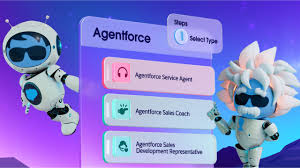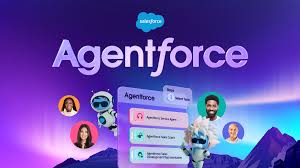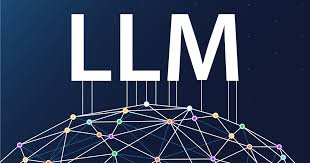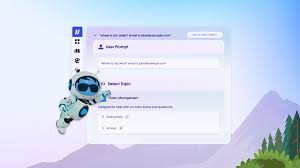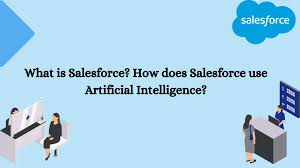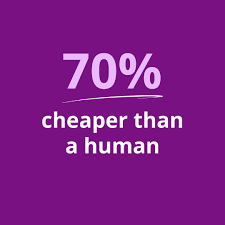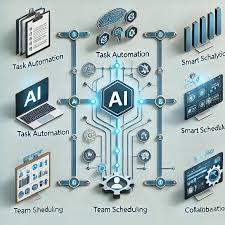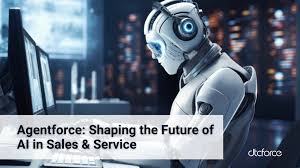Agentforce Custom AI Agents
Salesforce Introduces Agentforce: A New AI Platform to Build Custom Digital Agents Salesforce has unveiled Agentforce, its latest AI platform designed to help companies build and deploy intelligent digital agents to automate a wide range of tasks. Building on Salesforce’s generative AI advancements, Agentforce integrates seamlessly with its existing tools, enabling businesses to enhance efficiency and decision-making through automation. Agentforce Custom AI Agents. With applications like generating reports from sales data, summarizing Slack conversations, and routing emails to the appropriate departments, Agentforce offers businesses unprecedented flexibility in automating routine processes. The Problem Agentforce Solves Salesforce’s journey in AI began in 2016 with the launch of Einstein, a suite of AI tools for its CRM software. While Einstein automated some tasks, its capabilities were largely predefined and lacked the flexibility to handle complex, dynamic scenarios. The rapid evolution of generative AI opened new doors for improving natural language understanding and decision-making. This led to innovations like Einstein GPT and later Einstein Copilot, which laid the foundation for Agentforce. With Agentforce, businesses can now create prebuilt or fully customizable agents that adapt to unique business needs. Agentforce Custom AI Agents “We recognized that our customers want to extend the agents we provide or build their own,” said Tyler Carlson, Salesforce’s Vice President of Business Development. How Agentforce Works At the heart of Agentforce is the Atlas Reasoning Engine, a proprietary technology developed by Salesforce. It leverages advanced techniques like ReAct prompting, which allows AI agents to break down problems into steps, reason through them, and iteratively refine their actions until they meet user expectations. Key Features: Ensuring Security and Compliance Given the potential risks of integrating third-party LLMs, Salesforce has implemented robust safeguards, including: AI in Action: Real-World Applications One notable use case of Agentforce is its collaboration with Workday to develop an AI Employee Service Agent. This agent helps employees find answers to HR-related questions using a company’s internal policies and documents. Another example involves agents autonomously managing general email inboxes by analyzing message intent and forwarding emails to relevant teams. “These agents are not monolithic or tied to a single LLM,” Carlson explained. “Their versatility lies in combining different models and technologies for better outcomes.” Measuring Success Salesforce gauges Agentforce’s success through client outcomes and platform adoption. For example, some users report that Agentforce resolves up to 90% of customer inquiries autonomously. Looking ahead, Salesforce aims to expand the Agentforce ecosystem significantly. “By next year, we want thousands of agent skills and topics available for customers to leverage,” Carlson added. A Platform for the Future of AI Agentforce represents Salesforce’s vision of creating autonomous AI agents that empower businesses to work smarter, faster, and more efficiently. With tools like Agentbuilder and integrations across its ecosystem, Salesforce is positioning Agentforce as a cornerstone of AI-led innovation, helping businesses stay ahead in a rapidly evolving technological landscape. Like1 Related Posts Salesforce OEM AppExchange Expanding its reach beyond CRM, Salesforce.com has launched a new service called AppExchange OEM Edition, aimed at non-CRM service providers. Read more The Salesforce Story In Marc Benioff’s own words How did salesforce.com grow from a start up in a rented apartment into the world’s Read more Salesforce Jigsaw Salesforce.com, a prominent figure in cloud computing, has finalized a deal to acquire Jigsaw, a wiki-style business contact database, for Read more Health Cloud Brings Healthcare Transformation Following swiftly after last week’s successful launch of Financial Services Cloud, Salesforce has announced the second installment in its series Read more

